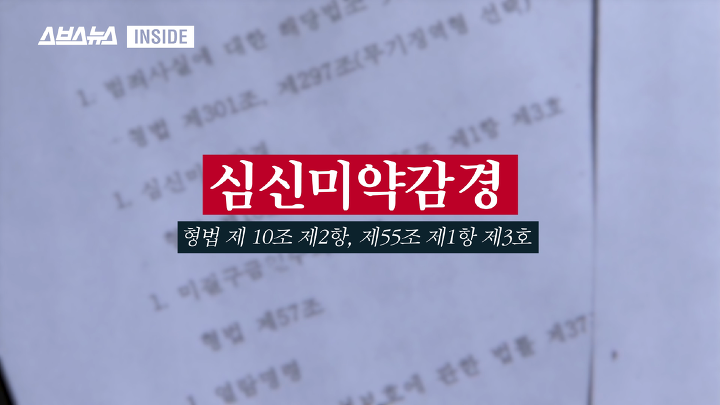
The Case of the Daejeon Elementary School Attack Sparks Debate on Mental Impairment and Sentencing
The recent tragic case of a teacher killed by a former student in Daejeon, South Korea, is likely to reignite the discussion surrounding the legal defense of mental impairment. As the perpetrator is known to have a history of depression, the possibility of his legal team arguing for leniency due to his mental state is a growing concern.
The Evolving Landscape of the "Insanity Defense"
In the United States, the legal concept of the "insanity defense" (similar to mental impairment or incapacity) has undergone significant changes. A 2020 ruling by the U.S. Supreme Court granted states the right to abolish this defense, and several states have since done so.
A Landmark Case: Kahler v. Kansas
The 2020 Supreme Court case, Kahler v. Kansas, centered on James Kahler, who was sentenced to death for killing his wife, daughters, and mother-in-law. Kansas had abolished the traditional insanity defense, preventing Kahler from arguing that his depression rendered him unable to distinguish right from wrong. The Supreme Court upheld the state's decision, stating that it did not violate the due process clauses of the U.S. Constitution.
The Ongoing Debate in South Korea
In South Korea, the issue of mental impairment and sentencing remains a contentious one. While the law allows for leniency in cases of diminished mental capacity, there have been instances where this has been applied inconsistently, leading to public outcry. High-profile cases, such as the 2008 "Cho Doo-soon" case (where a man received a light sentence for a horrific sexual assault due to being intoxicated) and the 2016 "Gangnam Station Murder Case" (where a man who killed a woman in a random attack was not granted leniency despite claiming mental illness), highlight the complexities of this issue.
The Daejeon Case: A Test Case?
The Daejeon case is likely to become a focal point in this debate. While the perpetrator's history of depression may be a factor in the legal proceedings, the fact that he reportedly planned the attack in advance could make it difficult for his lawyers to successfully argue for leniency based on mental impairment.
Looking Ahead
The legal community in South Korea acknowledges the need for a thorough discussion on the role of mental impairment in sentencing. While some argue for the abolition of the defense altogether, others emphasize the importance of considering individual circumstances and the need for a more nuanced approach. The Daejeon case may serve as a catalyst for much-needed legal reform in this area.
[Copyright (c) Global Economic Times. All Rights Reserved.]






























